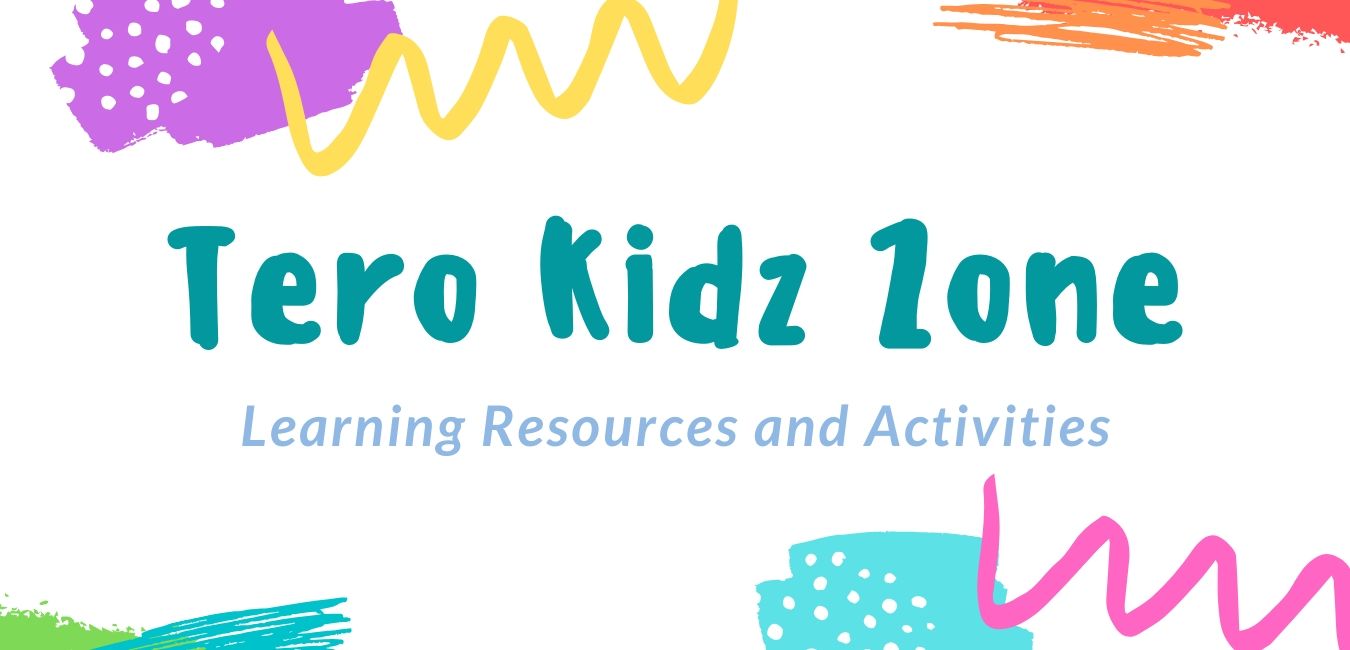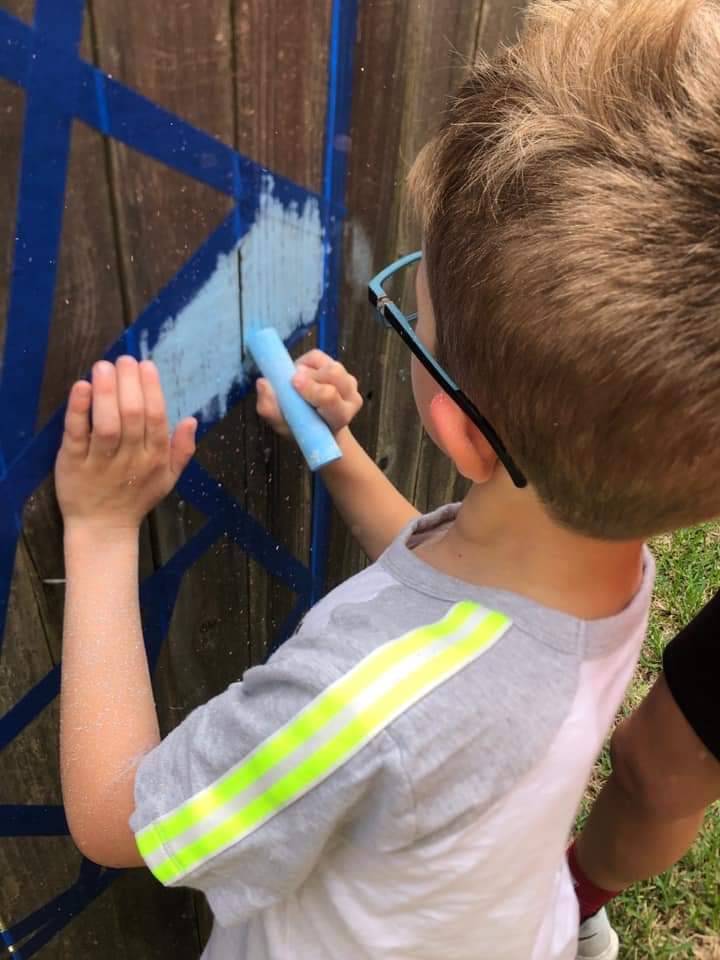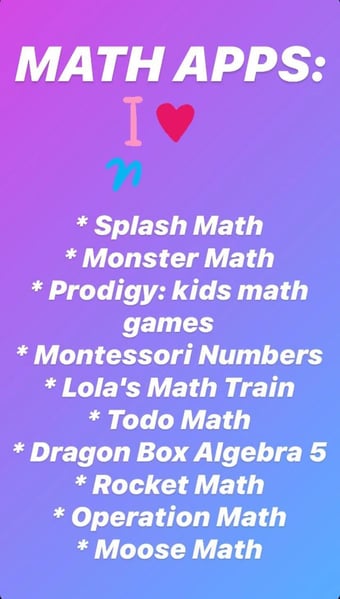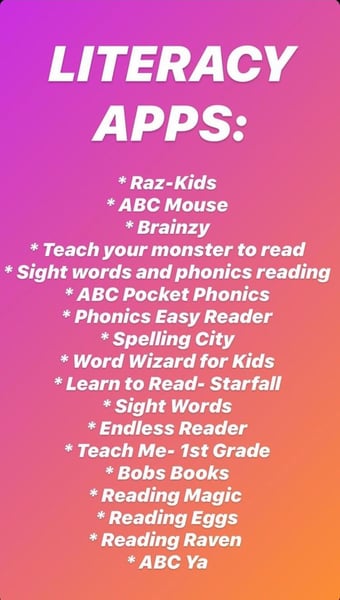
Tero Resources for Kids and Teens
Did you know much of what we teach at Tero is also critical for young kids and teens to know as well? Our CEO Rowena Crosbie always says how great it would be if everyone started teaching interpersonal skills starting at a young age.
We understand that with schools being closed and many of you having to work from home. Kids shouldn't be missing the opportunity to learn and grow, just like you as parents shouldn't miss the opportunity to learn and grow as professionals. Much of what Tero teaches is also critical for young kids and teenagers to learn as well. We've developed this web page full of resources for kids to learn and grow from while at home the next few weeks.
We've gathered our resources together for you, and created activities that you and your child can enjoy tog ether while at home. We want this time to be fun and educational. We've also provided external resources like virtual trips to the zoo, app suggestions and more educational websites.
The Parent Trap: How to Be Confident in the Crisis of HOME SCHOOLING!

Due to school being cancelled, parents are now called to be teachers. In addition to spending time with reading and math, it might take the pressure off you to equip your child with some interpersonal skills to help them when they get frustrated. The unintended consequence may be they go back to school with a better understanding of themselves, and of you.
As a parent we suggest you watch the Tero Tip Video How to Calm Your Emotions.
This video gives tips for controlling your emotions at work. It can also be a springboard to have a discussion with your child about controlling emotions during this time of home schooling.
Start the discussion by asking your child the following questions.
What about your school work makes you feel happy?
Share with them what makes you happy with your work.
What about your school work makes you unhappy?
Share with them what makes you unhappy at work.
When you start to feel upset doing a task, what could you do to change that feeling?
Share with your child what you do at work when you feel upset.
Then help them think of things they could do at school or at home when they feel frustrated.
Maybe counting ten to one backwards, or going to a quiet place for a few minutes and thinking of something that is fun or happy. Come up with a signal, or code word, or a saying they can say to let you know they need a minute.
.png)
Helping Families Spend Quality Time
Parent: “Hi! How was your day?”
Young Person: “Fine.”
Parent: “What did you do?”
Young Person: “I dunno, nothing.”
Perhaps you resonate with this all too typical exchange. Most parents do.
In a national poll of over 272,400 teens, only 33% reported that they conversed with a parent for at least 15 minutes a day. In the same poll, teens also said that their parents were still the most influential force in their lives. The results indicate that while the majority of young people value their parent’s influence, they are not having regular conversations with them.
Add to that, a majority of kids (62%) say their parents are distracted when kids are trying to talk to them. What are parents distracted by? Cell phones and TV topped the list accounting for more than 51% of the responses. Many kids said losing a cell phone would be a good thing because it would mean parents would have more time for family.
The results of these surveys are unnerving but not surprising. Communication is important for all of us. Conversations with parents are especially important for young people as they navigate difficult transitions of childhood and adolescence. Young people fight for greater autonomy even as they need continuing protection. Increased self-awareness is often accompanied by increased self-consciousness.
Sometimes the best parents can do is the keep the lines of communication open. Your conversations don’t have to be stunningly meaningful every time. They just have to happen often enough so that if your child needs to talk about something serious, having a conversation won’t be a major departure from the normal parameters of your interaction.
At Tero we believe that quality talks require quantity talks in which to occur spontaneously.
During this period of forced isolation, social distance, heightened emotions and uncertainty due to the coronavirus pandemic, one silver lining is the increased opportunities for conversation in our homes. Unfortunately, we often don’t know what to talk about or how to start the conversations.
This resource is designed to help. Tero, your partner in interpersonal skills learning, has created virtual Q-Cards (the Q is for Quality). These cards are created to give you a few ideas of topics for conversation or activities to do to stimulate interaction and conversation. The topics and activities are designed to provide a relatively safe place for you to learn and explore each other’s interests and opinions.
When should you use Q-Cards? When it comes to finding focused time to talk to parents, young people say the best time is during a meal (33%), closely followed by bedtime (29%) and in the car (18%).
Young people say they know their parents are really listening when parents look at them (56%), respond (28%) and stop doing everything else (11%).
Each day we will post new Q-Cards on this web page. Make one or two of these cards part of your family interactions each day.




Discover More Kids Online Resources


.png)







